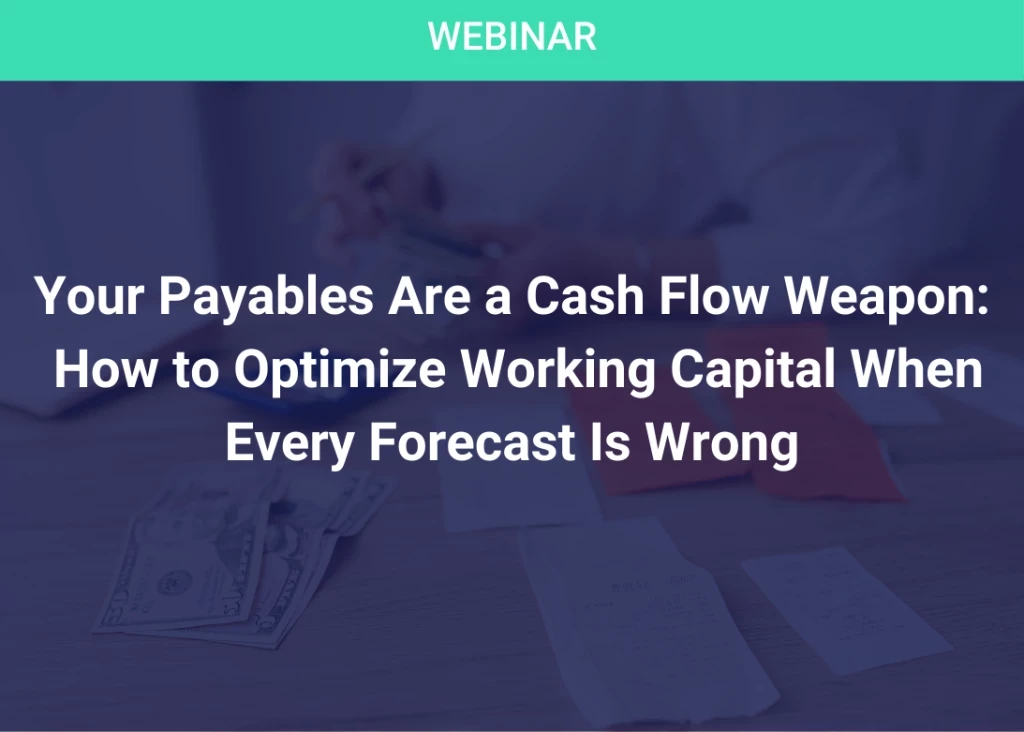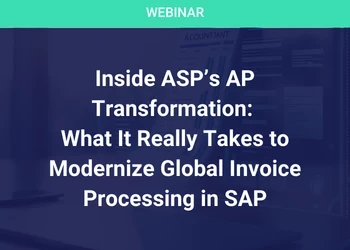In (Accurate) data we trust
Add bookmark
In today’s world, data is ubiquitous and inescapable; it’s at the foundation of so many things we do every day, and it impacts all aspects of our lives, both professionally and personally. Think about it:
- Whether business and cities can open or have to close due to the COVID is largely based on data (Read SSON's "COVID-19 impact on global service delivery models" report) – positivity rates, hospital utilization, mortality and co-morbidity statistics;
- What ads pop up on web sites, and what makes it to the top of news feeds on social media is predicated on data and associated algorithms;
- The coupons and promotions that your local grocery store sends you (or prints on the back of your receipt) are a direct result of the historical data of what you have bought in the past.
Data has become a critical “raw material” for businesses to create products and services; as such, it is one of the most valuable currencies in the world.
And, data is at the core of procurement’s success and innovation. Almost everything that procurement does, and should be doing, is based on data. Procurement leaders who can turn data into information, and then use that information to drive strategy and deliver results will be exponentially more successful than those who think that data is not important, or those who don’t have the systems and processes to maximize data access and analysis.
“But is that data accurate? Would you use a raw material that had been stored for years in a leaky warehouse to produce new products? No. And you shouldn’t for your data either. It has to be curated, managed and maintained so that you can do things like report accurate figures on healthcare, target the correct audience with your ad campaign, or mail the right people with the right names.
 And this is even more important in procurement. Are your suppliers normalized, or do you have five versions of IBM in your system? Have you correctly classified your data to manage your spend, or has it been left and only provides you with inaccurate information such as couriers classified at taxis?”, says Susan Walsh (left), the Founder of The Classification Guru. With nearly a decade of fixing dirty data, she is a specialist in data classification, supplier normalisation, taxonomy customisation, and data cleansing, and can help businesses find cost savings through spend and time management - supporting better, more informed business decisions.
And this is even more important in procurement. Are your suppliers normalized, or do you have five versions of IBM in your system? Have you correctly classified your data to manage your spend, or has it been left and only provides you with inaccurate information such as couriers classified at taxis?”, says Susan Walsh (left), the Founder of The Classification Guru. With nearly a decade of fixing dirty data, she is a specialist in data classification, supplier normalisation, taxonomy customisation, and data cleansing, and can help businesses find cost savings through spend and time management - supporting better, more informed business decisions.
It’s hard to think of procurement functions which aren’t reliant upon data, or even more importantly, which can’t be improved by using data analytics. In fact, some of the highest profile, and most critical functions of a high performing procurement function rely on data and analytics.
Category management and sourcing strategy
The foundation for sourcing and category management is data – spend parsed by category, sub-category, or commodity/SKU; viewed by supplier, geography, department, cost center. The possibilities for how to look at the data are limited only by time and resource (and practicality, which admittedly some companies fail to use as a guiding principle). Without detailed spend data, creating a robust category strategy is almost impossible.
Susan observes, “But who is inputting and managing this information? It’s just as important to make sure the right information goes in, as it is to maintain it, and it shouldn’t be left to someone in IT to manage, it has to be someone close the data with the knowledge to know if it’s right or wrong.
Classification can be very subjective, so agree with your team some common classifications and standards to prevent multiple classifications against the same supplier or item.”
Enjoying this article? You might like:
- Multi-format Data Digitisation: The automation game-changer for Insurance Claims Processing
- Develop "Agile" data lakes – or risk a data swamp
- Can BPOs rescue themselves? Digitizing data for business-saving growth and resilience
Vendor oversight and compliance
Managing vendor performance, contract compliance, doing benchmarking, tracking vendor scorecards – all of these require data, often from multiple and sometimes disparate sources. Every company has different KPIs and contractual SLAs that it wants to track and use to their vendors. Without data, you can’t do it. Vendor management is not an arbitrary or subjective endeavor; it needs to be based on facts and tangible metrics. And that means you have to have data as the baseline.
“And you want to make sure those facts are correct, by making sure you have accurate data” is Susan’s advice.
Contract negotiations
Some of you may say, “Hold on, contract negotiations is a soft skill; it’s about communications, gamesmanship, and a bit of bluffing.” Sure, all of those come into play in negotiations, and it’s the part of the process that we tend to remember (and let’s be honest, it is the fun part!). But if you’ve ever gone into a contract negotiation without being armed with data on spend, supplier performance, volume projections, etc. you know how ill prepared you. And, the likelihood that you succeed in the negotiation is directly related to how well prepared you are with facts and data.
And the Classification Guru agrees: “And this is when accurate data is more important than ever. Do you want to quote incorrect figures in your negotiations? It could easily happen if you are not close to your numbers, and that’s why it’s so important to work with your data regularly so you can spot irregularities.”
Value creation and Return on Investment (ROI)
Data is the key to documenting value creation, and building an undisputed ROI for a contract, sourcing project, category strategy, and ultimately for the procurement function. Data that is accepted by the company as valid and validated, and that is part of the corporate financial ecosystem is critical, and how most companies measure procurement’s value in terms of savings and cost avoidance. No data? Then you can’t document and confirm the value of procurement.
“Bad data? Then you could spend an immense amount of time and money on fixing your data, which could be saved if you manage and maintain it regularly.”, says Susan.
Successful procurement and sourcing starts with data!
It’s been said, “You can have data without information, but you cannot have information without data.” It’s equally true that you can have procurement without data, but it won’t be a success.
Susan adds, “And all of it has to be accurate!”





















